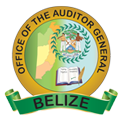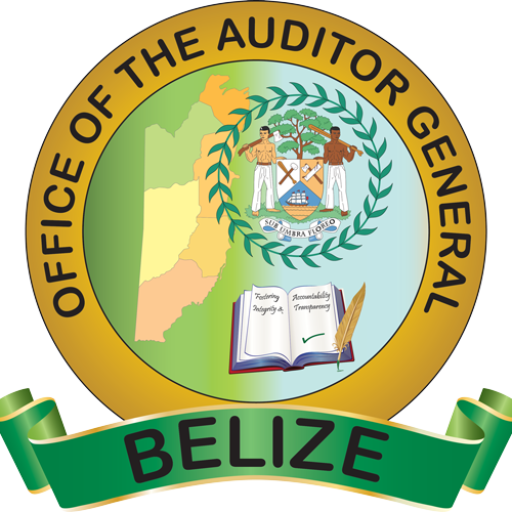Some risks and limitations that affect the Office of the Auditor General in the fulfillment of its mandate include:
- The financial statements (Annual Accounts) are not submitted by the Accountant General in accordance with Section 15(1) of the Finance and Audit (Reform) Act.
- Dependency on the Executive Branch for budget (Financial Independence) and filling of vacancies.
- The Reports must be tabled in the National Assembly, pursuant to Section 120 (4) of the Constitution of Belize.

